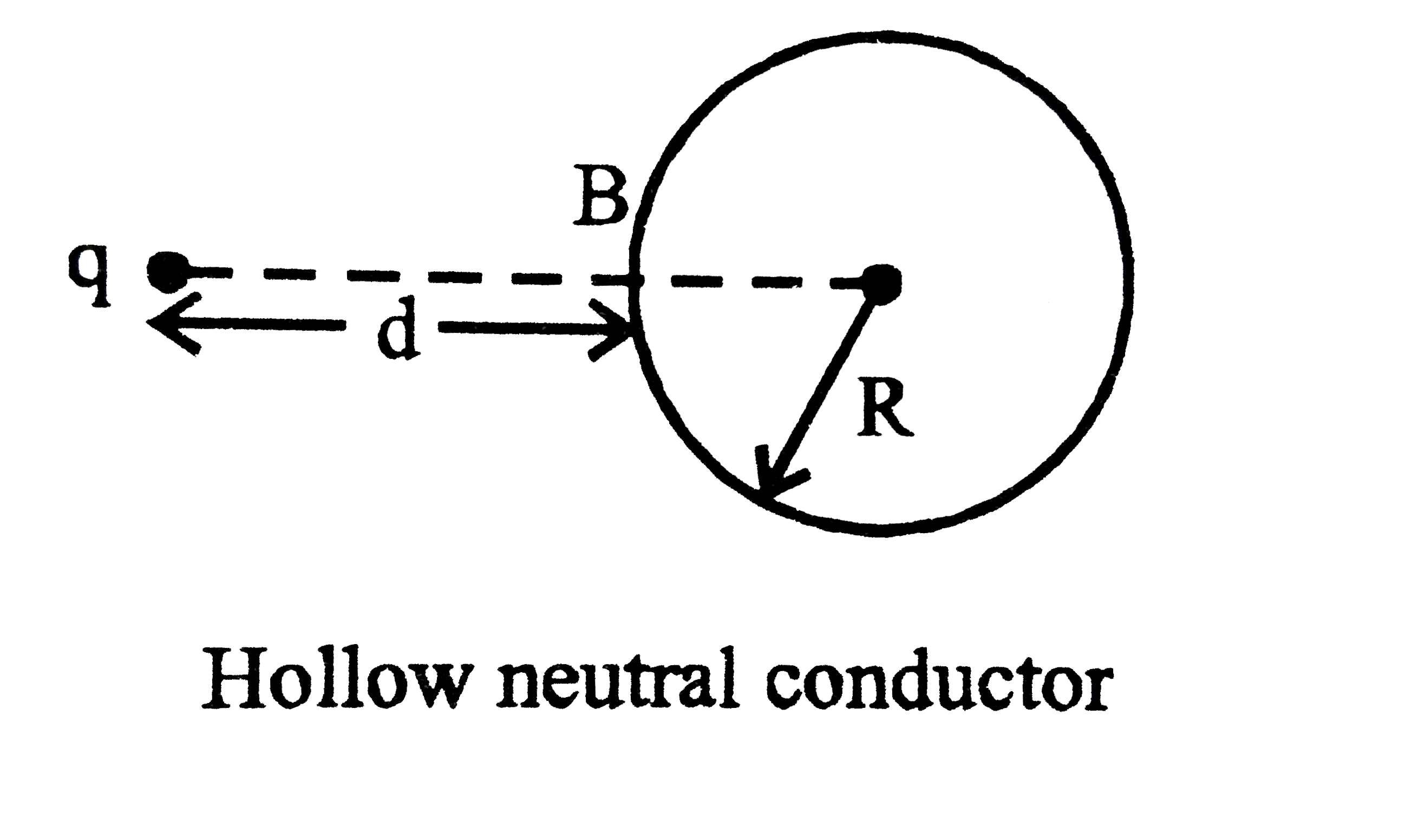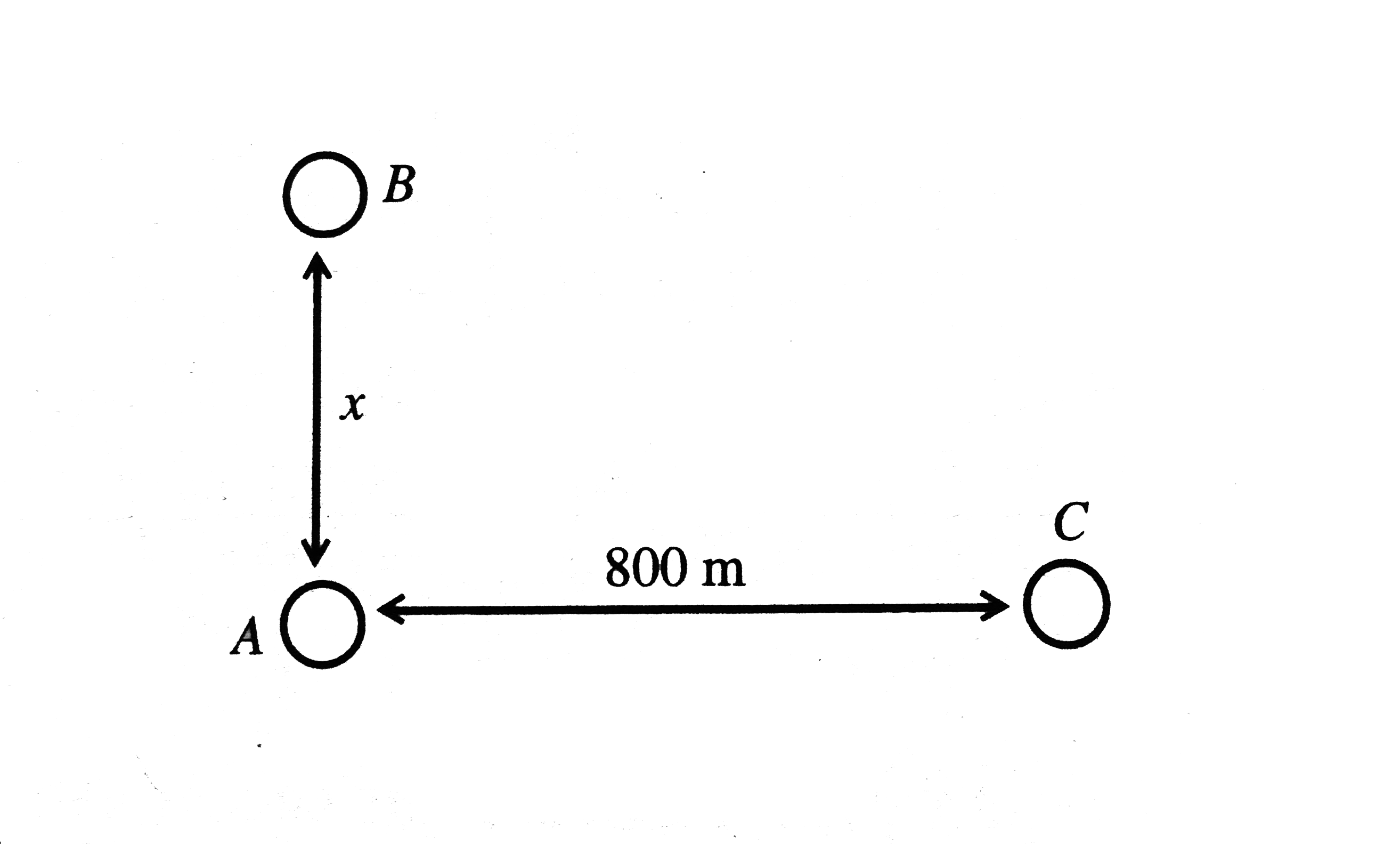Mark the correct statement
All mammals have placenta
All chondrichthyes are marine and do not have air bladder and operculum
Larvae of all cyclostomates return to fresh water after metamorphosis
Chelone and Testudo are able to maintain a constant body temperature
The correct Answer is:B
To solve the question "Mark the correct statement," we will evaluate each statement provided in the question and determine which one is accurate.
1. Evaluate the First Statement: "All mammals have placenta."
- Mammals are classified into two main groups: Prototheria (egg-laying mammals) and Metatheria (marsupials and placental mammals).
- Prototheria includes species like the platypus, which do not have a placenta.
- Therefore, this statement is incorrect.
2. Evaluate the Second Statement: "All chondrichthyes are marine, and they do not have air bladder and operculum."
- Chondrichthyes refers to cartilaginous fishes, such as sharks and rays.
- It is true that all chondrichthyes are marine.
- They lack an air bladder, which helps in buoyancy, and they also do not possess an operculum (gill cover).
- Thus, this statement is correct.
3. Evaluate the Third Statement: "Larvae of all cyclostomes return to fresh water after metamorphosis."
- Cyclostomes, which include lampreys and hagfish, have larvae that hatch in fresh water.
- After metamorphosis, these larvae migrate to the ocean, not back to fresh water.
- Therefore, this statement is incorrect.
4. Evaluate the Fourth Statement: "Bilchilon and Testudo are poikilothermals and cannot regulate their body temperature."
- Bilchilon (a genus of turtles) and Testudo (a genus of tortoises) are indeed reptiles and are poikilothermic (cold-blooded).
- However, the statement implies they cannot regulate their body temperature at all, which is misleading as they can regulate it to some extent through behavioral adaptations.
- Thus, this statement is also incorrect.
Conclusion:
The only correct statement among the options provided is the second statement regarding chondrichthyes. Therefore, the answer is:
Correct Statement: "All chondrichthyes are marine, and they do not have air bladder and operculum."
- Mammals are classified into two main groups: Prototheria (egg-laying mammals) and Metatheria (marsupials and placental mammals).
- Prototheria includes species like the platypus, which do not have a placenta.
- Therefore, this statement is incorrect.
- Chondrichthyes refers to cartilaginous fishes, such as sharks and rays.
- It is true that all chondrichthyes are marine.
- They lack an air bladder, which helps in buoyancy, and they also do not possess an operculum (gill cover).
- Thus, this statement is correct.
- Cyclostomes, which include lampreys and hagfish, have larvae that hatch in fresh water.
- After metamorphosis, these larvae migrate to the ocean, not back to fresh water.
- Therefore, this statement is incorrect.
- Bilchilon (a genus of turtles) and Testudo (a genus of tortoises) are indeed reptiles and are poikilothermic (cold-blooded).
- However, the statement implies they cannot regulate their body temperature at all, which is misleading as they can regulate it to some extent through behavioral adaptations.
- Thus, this statement is also incorrect.
The only correct statement among the options provided is the second statement regarding chondrichthyes. Therefore, the answer is:
Similar Questions
Mark out the correct statement(s).
View SolutionMark out the correct statement(s).
View SolutionMark out the correct statement regarding X-rays.
View SolutionMark out the correct statement(s) regarding waves.
View SolutionMark out the correct statement among the following.
View SolutionMark out the correct statement(s) regarding electrolytic molar conductivity.
View SolutionFor the situation shown in the figure below mark out the correct statement (s) -
 .
.
View SolutionMark out the correct statement with respect to thermal radiations emitted by a black body
View SolutionTwo speakers are placed as shown in Fig.7.98.
Mark out the correct statement(s)

View SolutionFor the situation shown in the figure below ("assume "r>> length of dipole ) mark out the correct statement (s) -
 .
.
View Solution
